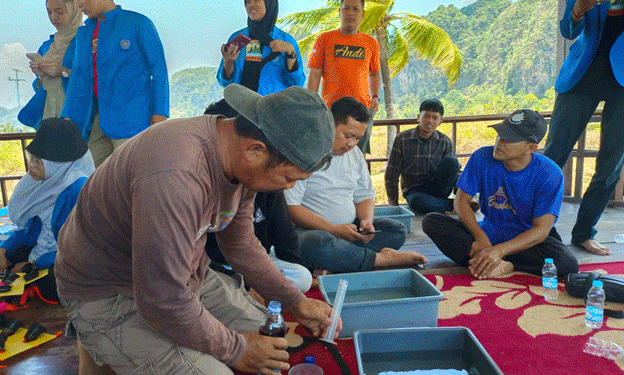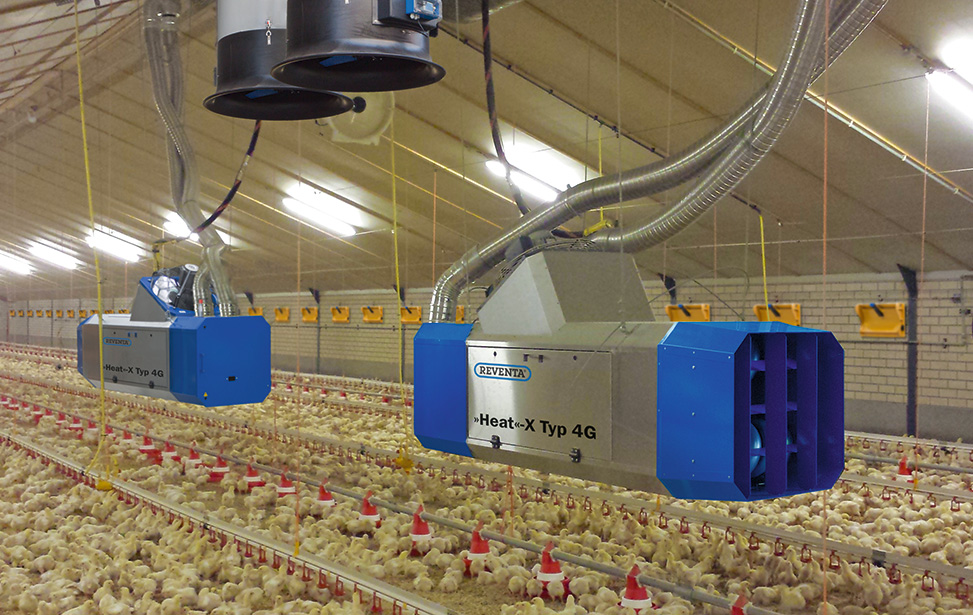The rising demand for sustainable and space-efficient agricultural methods has driven interest in hydroponic farming, a soilless cultivation system that uses nutrient-rich water to grow plants. Recognizing this trend, a team of lecturers from Universitas Muhammadiyah Makassar (Unismuh), in collaboration with Universitas Muhammadiyah Pare-Pare, initiated a hydroponic vegetable farming training program in their adopted village. This initiative is part of a broader three-year community empowerment program (Pemberdayaan Desa Binaan, or PDB), funded by the Ministry of Education, Culture, Research, and Technology for the 2024 fiscal year.
The team, led by agricultural experts Dr. Syamsia, SP., M.Si, and Dr. Andi Rahayu Anwar, SP., M.Si, aims to help local farmers increase land productivity and adopt more sustainable farming practices. Their collaboration with Dr. Iradhatullah Rahim, SP., MP from Universitas Muhammadiyah Pare-Pare further strengthens the project’s interdisciplinary approach, combining expertise from both agriculture and engineering faculties.
The training began by providing participants with foundational knowledge about hydroponics. This included an explanation of how hydroponic systems work, their advantages over traditional farming methods, and the potential challenges involved. Hydroponics is gaining popularity due to its ability to conserve water, reduce the need for pesticides, and allow year-round crop production in a controlled environment. The trainers emphasized that hydroponics could be especially beneficial in areas with limited arable land or where soil conditions are poor.
The participants learned about different types of hydroponic systems, including nutrient film techniques (NFT), deep water culture, and the wick system. The wick system, which was the focus of the practical sessions, uses a simple passive method where plants receive nutrients through capillary action from a wick placed in the growing medium. This method is particularly suitable for small-scale farmers or beginners, as it requires minimal equipment and maintenance.
The training also covered essential aspects of plant care, such as selecting the right growing media (rockwool, in this case), seed germination, and applying hydroponic nutrients. The participants were introduced to the AB mix formula, a widely used hydroponic nutrient solution that provides plants with the necessary macro and micronutrients. This formula is critical in ensuring the healthy growth of crops in a soilless environment.
During the practical sessions, the farmers worked hands-on to plant seeds of popular vegetables such as water spinach (kangkung), lettuce, pak choi, and spinach. These crops were chosen for their suitability for hydroponic cultivation and their short growing cycles, allowing participants to see results quickly. Each participant was given rockwool cubes and taught how to germinate seeds and transfer seedlings to the hydroponic setup. They were also trained on how to apply the AB mix solution using the wick system.
As part of the program, the participants were encouraged to take home the seedlings they planted during the training. These plants will be monitored over the coming months, and their growth will be evaluated in October 2024. The best-performing plants will be transferred to a larger hydroponic installation prepared by the training team.
“Beyond theory, we focus on practical skills, from seed preparation to plant maintenance,” said Dr. Syamsia, the head of the project. She highlighted that hands-on experience is crucial for farmers to understand and fully adopt new agricultural techniques. The program is designed to not only teach participants how to start a hydroponic system but also how to manage it sustainably in the long run.
To ensure the program’s long-term impact, students from Unismuh’s Agrotechnology program assisted the farmers throughout the training. They provided guidance on seed planting, mixing nutrient solutions, and general plant care, fostering a close mentoring relationship with the participants.
This community-focused approach has the potential to significantly enhance agricultural productivity in the area. By introducing hydroponics, farmers can optimize the use of their land and resources, grow crops that are less vulnerable to pests and diseases, and meet the increasing consumer demand for clean, pesticide-free vegetables.
The project has received widespread support from the local community and institutions. “We are grateful for the financial support from the Ministry of Education, Culture, Research, and Technology, which has made this community service program possible,” said Dr. Syamsia. The team hopes that this initiative will not only improve food security in the region but also inspire more villages to adopt innovative agricultural techniques.
As the project progresses, the team will continue to provide technical support to the participants, ensuring they can maintain and expand their hydroponic systems. By the end of the three-year program, the goal is for the adopted village to have a self-sustaining hydroponic farming operation, serving as a model for other rural areas to follow.
The hydroponic vegetable farming training conducted by Unismuh Makassar is a promising step toward improving agricultural productivity and sustainability in rural communities. By equipping local farmers with the knowledge and skills needed to adopt hydroponics, this program can help transform underutilized land into productive agricultural spaces. With ongoing support and training, hydroponics has the potential to provide a reliable source of income and food for these communities while promoting environmental conservation.












